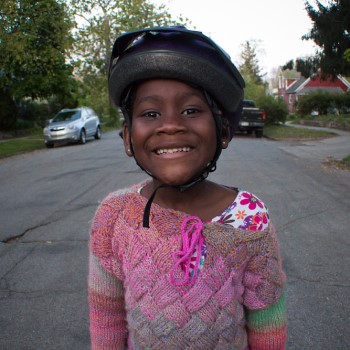Reducing Access to Lethal Means
LCA News and Information
By Kelly Brevig
When a child first learns to walk, their whole world becomes dangerous. Unsteady legs develop as babies pull themselves up and grasp furniture for support. As a child gains a new visual perspective, shiny and breakable objects are tucked away safely, hidden from sticky little fingers that are wanting to explore. It doesn’t take long for a first-time parent to “childproof” their home by locking cabinets, putting up harmful chemicals and plugging electrical outlets with safety devices. The goal is to keep the child as safe as possible. While little brains develop, the whole world is opened up to them and parents quickly learn how to protect them the best they can. Bath time becomes a ritual that is closely monitored, tiny objects that can fit into tiny mouths are picked up, and seat belts are used to keep babes tethered securely in swings and highchairs. We do everything in our power to keep them safe.

Babies are not able to rationalize and understand the danger. As they develop, the meaning of “no”, “hot”, “icky”, is gained through experiences. The human brain develops at a heightened pace and much is absorbed through play, safety, and storytime. As children grow, dangers morph from choking hazards to external injuries and accidents. The world around us evolves to present a new set of risks. Bike helmets, rules, expectations, and curfews are enforced to guide us and help us further develop our frontal lobe- the part of the brain that makes decisions, solves problems, provides flexibility, and sustains memory.
After successfully navigating childhood into adulthood, it can be incomprehensible to believe that one of the biggest dangers a person can face, is themselves. When a person is experiencing depression, however, the pre-frontal cortex that so readily helped us solve problems, make decisions, and rationalize the world, can go dormant, while other brain systems like our amygdala, (the emotion sensor of the brain) take over. Our amygdala is important to us, as it senses danger, heightens our awareness, releases adrenaline and cortisol and helps us to fight, flee or freeze. It can also be hijacked by depression and provide emotional responses that are overwhelming and override brain function.
What can we do?
Depression and anxiety are chemical changes in the brain. Someone who is experiencing depression loses the ability to rationalize the world around them and can have daily battles with their amygdala to just get out of bed. Because these chemical changes do not present themselves as clearly as a broken leg, they are often misunderstood and not talked about. It is in this state that suicidal thoughts enter and a person becomes a danger to themselves. Just as an infant learning to walk needs someone to navigate the world around them to keep them safe, so does a person experiencing depression. One of the best ways to do this is to reduce access to things that could cause irreversible harm. Just as kitchen cleaners are put away for child safety, so are guns and medications locked up and out of reach for someone experiencing depression. When we make it harder for someone to access ways of ending their life, we give them more time for their pre-frontal cortex to fight for control and provide the ability to stop themselves.

Because it is difficult to imagine a loved one being so distraught that they are filled with thoughts of death, it can be hard to put up a “safety gate” or barrier to what we think is improbable. It is more comfortable for us to believe that suicide strikes “other people” and not our own. What we know about suicide, however, is that it is an impulsive act with little to no reasoning. Simple safety measures like extra gun locks, removal of ammunition, disposing of unused medication and locking up all others can be lifesaving. The goal on this end of the spectrum is to keep people safe from themselves by providing as much time as we can for the brain to jockey for control. Safety in our world is talked about every day. When we begin to marry “safety” with “depression”, we can save lives. Help us make reducing access to lethal means a common practice when dealing with depression.
Kelly Brevig is the Suicide Services Coordinator for Evergreen Youth and Family Services in Bemidji, MN.
